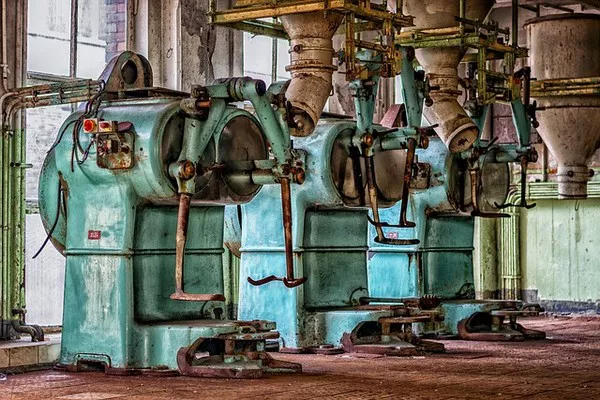Tata Steel has disclosed its strategic initiative to initiate statutory consultation aimed at revitalizing and restructuring its UK business. The overarching goal is to overturn more than a decade of losses by transitioning from legacy blast furnaces to a sustainable, green steel business.
In a bid to secure the majority of Tata Steel UK’s existing product capabilities and uphold the country’s steelmaking self-sufficiency, the transformative plan also seeks to reduce Tata Steel UK’s CO2 emissions by an impressive 5 million tonnes per year, consequently contributing to an overall reduction of approximately 1.5% in the UK’s countrywide emissions.
However, the laudable goals come at a cost, with up to 2,800 employees potentially affected in Port Talbot, South Wales. Of this number, around 2,500 roles are anticipated to be impacted within the next 18 months.
The comprehensive plans follow meticulous discussions with the UK multi-trade union representative body, the UK Steel Committee, and its advisors. Tata Steel acknowledged having considered the committee’s endorsed proposal for maintaining a single blast furnace. While elements of the proposal have been embraced, Tata Steel asserts that continuing blast furnace production is neither feasible nor affordable. Consequently, Tata Steel is set to commence statutory consultation on the proposed restructuring plan and the support arrangements for affected employees.
The company aims to maximize voluntary redundancies and has proposed an investment exceeding £130 million for a comprehensive support package. This package encompasses redundancy terms, community programs, skills training, and job-seeking initiatives. Additionally, a pre-existing £100 million funding commitment for the Transition Board, established with the UK and Welsh governments, will support affected employees, contractors, and communities.
The phased closure of Port Talbot’s two high-emission blast furnaces and coke ovens is expected, with the first blast furnace slated for closure around mid-2024. The remaining heavy end assets are anticipated to wind down during the second half of 2024. The restructuring plan also encompasses other locations and functions across the company, including the intended closure of the Continuous Annealing Processing Line (CAPL) in March 2025.
Despite these changes, Tata Steel has committed to operating the hot strip mill during the proposed transition period and beyond. Downstream and steel processing centers will continue to serve customers by utilizing imported semi-finished steel from Tata Steel plants in the Netherlands and India, as well as other select strategic suppliers.
Under the ambitious transformation plan, Tata Steel is set to invest £1.25 billion in Electric Arc Furnace technology in Port Talbot, along with asset upgrades, to ensure long-term, high-quality production at the UK’s largest steelmaker. This proposed investment has received backing from the UK Government, which has committed up to £500 million to facilitate the transformation. Tata Steel plans to contribute £750 million to the project, in addition to funding the comprehensive support package, business restructuring, and transition costs.
T V Narendran, Tata Steel’s CEO and MD, acknowledged the difficulty of the proposed course but emphasized its necessity for building a sustainable business in the UK. The proposed restructuring, he stated, would have a major impact on individuals and communities, prompting Tata Steel to offer a comprehensive support package to mitigate job losses and aid affected employees in retraining and finding new jobs.
Pending consultation, Tata Steel will focus on wider economic regeneration in the Port Talbot area post the proposed closure of heavy end assets. The investment in Electric Arc Furnace technology, powered by predominantly UK-produced scrap, is poised to transform the competitiveness of Tata Steel UK, maintaining its capability in end products while significantly reducing carbon emissions by approximately 85%.
The formal information sharing and consultation process with employees and their representatives on the proposals is set to commence following the announcement.

